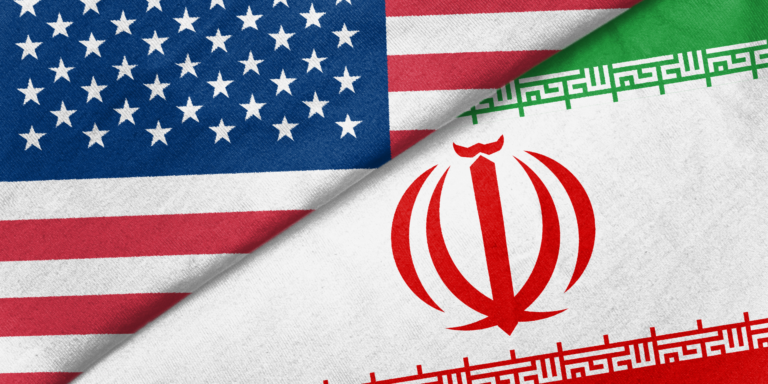The U.S. administration seems intent on resuming implementation of the 2015 JCPOA to address the threat posed by Iran’s nuclear program.
President Biden’s team will be buffeted by tensions between those advocating engagement and those advocating confrontation with Tehran.
Iranian leaders have indicated their unwillingness to amend the existing nuclear agreement to include any limits on Iran’s support to regional allies.
Both Tehran and Washington will need to engage in a number of confidence-building measures to get negotiations back on track.
After more than 40 years since the establishment of the Islamic Republic, no U.S. strategy has yet successfully addressed the broad range of threats posed by Iran. From the outset U.S.-Iran relations have been fraught with mistrust, animosity, threats, and occasional hostilities, interspersed with periods of negotiation and even tacit cooperation in selected circumstances. A new report published today by The Soufan Center, A Way Forward with Iran? Options for Crafting a U.S. Strategy, argues that any Biden administration strategy on Iran should start with an analysis of this complex history and the lessons learned from previous decades of engagement.
No matter what the Biden-Harris administration chooses to do in terms of the Joint Comprehensive Plan of Action (JCPOA), its policy will continue to be buffeted by constant tensions between those advocating engagement and those advocating confrontation with Tehran. The Trump administration shifted sharply toward confrontation, but without achieving any of its core strategic goals, such as renegotiation of a nuclear agreement. While the approach had the de facto impact of debilitating Iran’s economy, that was not a stated objective. Even after four decades, US policy remains unclear with regard to the most basic question about its national strategy: should the U.S. pursue policies that force Iran to collapse, or should the U.S. engage Iran and work to find common ground on the major issues?
The Obama administration believed that the optimal U.S. strategy was to pursue consistent engagement with Iran on a progressively wider range of issues, rather than insist on resolving all outstanding issues in one comprehensive negotiation; the Biden administration will likely follow suit. The Biden administration is intent, despite opposition, on resuming implementation of the 2015 multilateral Iran nuclear deal to address the most dangerous of the potential threats posed by Iran. Rejoining the nuclear deal will require extensive and painstaking negotiations, as both Iran and the United States have moved far away from the agreement’s requirements since 2018.
Iran might agree to negotiate limits on its ballistic missile development, in lieu of curbing its support to regional allies and armed groups, because long-range missiles are not core to Tehran’s regional strategy. Its proxies are. Any attempt by the Biden administration to try to compel Iran to accept unilateral limits on its support for regional armed factions is virtually certain to fail, given that empowering pro- Iranian governments and factions in the region is core to Iran’s national security strategy. Iranian leaders have indicated clearly that they will not be willing to amend the existing nuclear agreement to include any limits on Iran’s regional activities.
All of these measures will of course need to be considered in light of Iran’s actions, including a return to the status quo at the time of the JCPOA’s adoption, reining in the nuclear program, and a curb on support to regional proxies, which continue to fuel instability and insecurity throughout the Middle East. The appointment of Robert Malley, a veteran Middle East expert and another former Obama administration official, signals the Biden administration’s seriousness in determining the possibility of reengagement with Iran. Suggestions that Saudi Arabia needs to be part of the dialogue will, however, increase the likelihood of protracted difficulties in returning to the negotiating table, as signaled by Iran’s recent rejection of new negotiations or changes to the participants involved in the process.
 Eurasia Press & News
Eurasia Press & News



